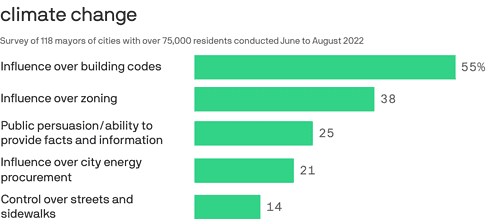Tech firms slam job quota proposal in India's Silicon Valley
By Aishwarya KUMAR with Anuj SRIVAS in Mumbai
Bengaluru, India (AFP) July 17, 2024
Indian tech companies on Wednesday slammed a proposal to reserve more than half of all private jobs for local hires in Bengaluru, a city that has powered the country's growth into an IT powerhouse.
Known as India's Silicon Valley, Bengaluru is home to Google's national headquarters and those of local tech behemoths Tata Consulting Services and Infosys.
Its information technology sector draws top engineering talent from across the country and accounts for roughly a quarter of Karnataka state's estimated $336 billion annual output, according to industry figures.
On Wednesday, the state's chief minister Siddaramaiah said his government was finalising a new law that would compel companies to ensure more than half of their workforce was made up of applicants who speak Karnataka's dominant language.
Siddaramaiah, who goes by one name, said in a post on X that the move was to make sure locals were not "deprived" of jobs and could "build a comfortable life in the motherland".
Indian tech industry body Nasscom said it was "seriously concerned" by the proposal, warning the move risked upending the industry and driving out established players.
"It is deeply disturbing to see this kind of bill which will... hamper the growth of the industry, impact jobs and the global brand for the state," it said in a statement.
Other leading figures from the industry also spoke out against the bill, including Kiran Mazumdar-Shaw, founder of pharmaceutical giant Biocon, who warned it could jeopardise Bengaluru's "leading position in technology".
Former Infosys chief financial officer Mohandas Pai said the bill was "discriminatory" and "regressive".
Nearly 5.5 million people work in information technology across India, with many of the most sought-after jobs in Bengaluru.
But the influx of Indians from elsewhere in the country has become a growing source of resentment in the city, particularly around the locally dominant Kannada language.
Around two-thirds of Karnataka residents speak Kannada but the language is barely used outside the state, while Hindi and English are the lingua franca of the city's IT sector.
Regionalist activists in the state have in the past protested over the use of English on signboards, and Siddaramaiah's government this year mandated that any public signage must be predominantly written in Kannada.
Tensions over linguistic identities are common in India, which is home to hundreds of regional languages.
Hindi, the most widely used of them all, is spoken as a first language only by 40 percent of the population.
ash-asv/gle/mca
GOOGLE
Infosys
X
BIOCON
Related Links
Satellite-based Internet technologies
The content herein, unless otherwise known to be public domain, are Copyright 1995-2024 - Space Media Network. All websites are published in Australia and are solely subject to Australian law and governed by Fair Use principals for news reporting and research purposes. AFP, UPI and IANS news wire stories are copyright Agence France-Presse, United Press International and Indo-Asia News Service. ESA news reports are copyright European Space Agency. All NASA sourced material is public domain. Additional copyrights may apply in whole or part to other bona fide parties. All articles labeled "by Staff Writers" include reports supplied to Space Media Network by industry news wires, PR agencies, corporate press officers and the like. Such articles are individually curated and edited by Space Media Network staff on the basis of the report's information value to our industry and professional readership. Advertising does not imply endorsement, agreement or approval of any opinions, statements or information provided by Space Media Network on any Web page published or hosted by Space Media Network. General Data Protection Regulation (GDPR) Statement Our advertisers use various cookies and the like to deliver the best ad banner available at one time. All network advertising suppliers have GDPR policies (Legitimate Interest) that conform with EU regulations for data collection. By using our websites you consent to cookie based advertising. If you do not agree with this then you must stop using the websites from May 25, 2018. Privacy Statement. Additional information can be found here at About Us.














